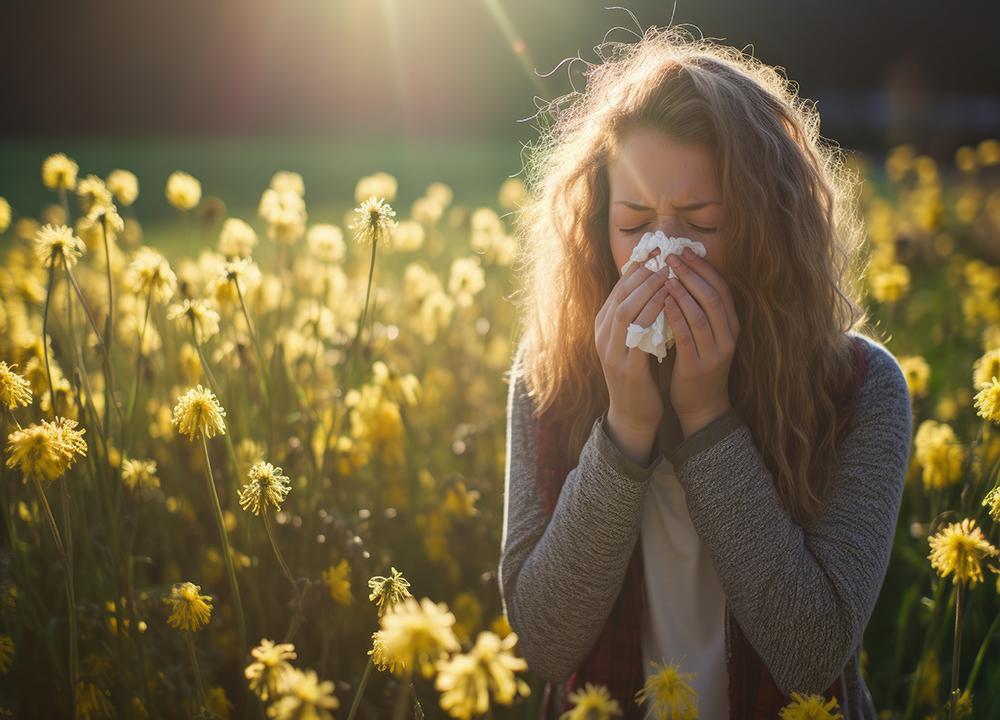Pollen allergy, also known as hay fever or allergic rhinitis, is an increasingly common condition that affects millions of people worldwide. It occurs when the immune system overreacts to pollen from trees, grasses and weeds, leading to symptoms such as sneezing, runny nose, itchy eyes and difficulty breathing. Recent studies indicate that about one in four adults and nearly one in five children in the U.S. suffer from seasonal allergies, with significant numbers in other countries experiencing similar issues. Notably, climate change has contributed to longer pollen seasons globally, for instance, parts of Minnesota now see their allergy season extend nearly a month longer than in the 1970s.
Pollen allergies are primarily triggered by airborne pollen released during the flowering season of various plants. Warmer temperatures, increased carbon dioxide levels and other environmental factors may exacerbate pollen production and seasonal duration. Symptoms typically include nasal congestion, sneezing and itchy eyes, which severely impacts quality of life. In extreme cases, individuals may experience difficulty breathing, requiring medical intervention. Research has shown that with rising temperatures, plants bloom earlier and produce more pollen, leading to prolonged and intensified allergy seasons.
Biomarkers for pollen allergies include specific IgE antibodies, which are detected through skin prick tests or blood tests. These tests help identify the specific allergens triggering a person's symptoms. Preventative measures are crucial for managing pollen allergies. Recommendations include staying indoors on high pollen days, using air purifiers and regularly replacing filters in air conditioning systems. Individuals should also shower before bed to remove pollen from their skin and hair. For those struggling with over-the-counter medications, consulting an allergist may provide additional options, including prescription medications or immunotherapy.
As pollen seasons lengthen due to climate change, the challenges of managing pollen allergies are becoming more pronounced. With proactive measures and proper medical guidance, individuals can better navigate allergy seasons and reduce their symptoms. Awareness of this condition and its growing prevalence is essential for fostering healthier communities in an increasingly challenging environment.
